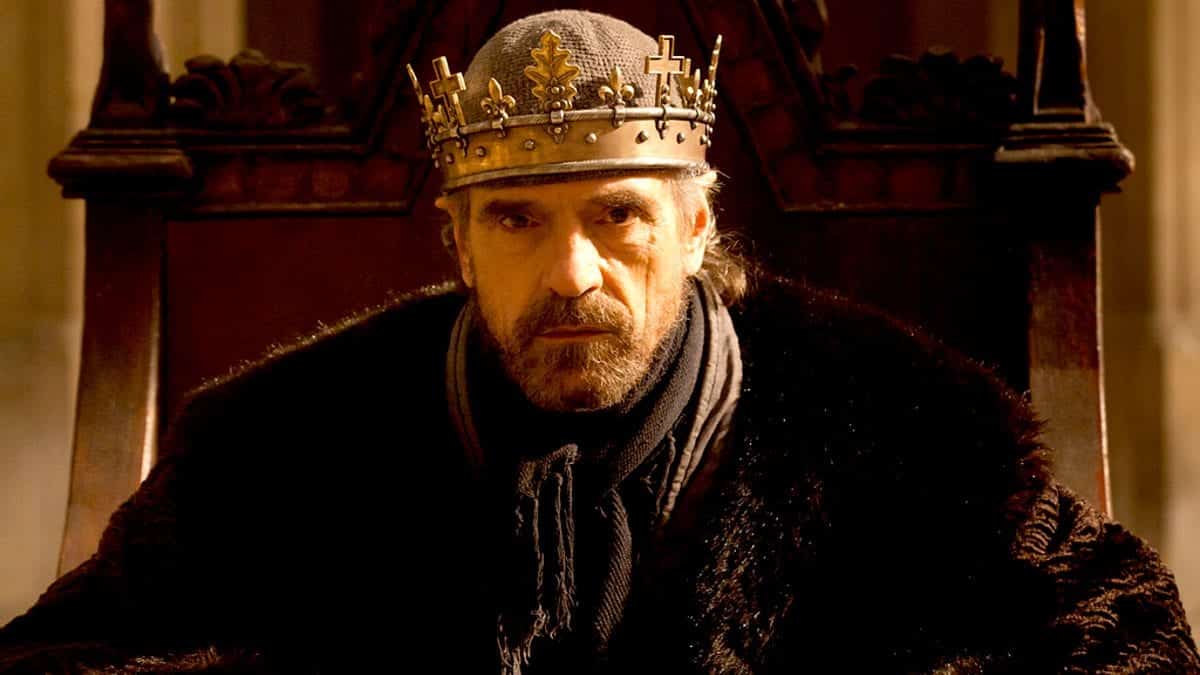No writer created as many kings as Shakespeare did. Some were based on real historical kings and others were fictional or drawn from mythology. One was even from the fairy world.
Politics, and the way human beings are governed by those who exercise power in society is something that was of profound interest to Shakespeare. Apart from the universal themes of death and love, the themes of war and politics are elevated to the universal by Shakespeare because of his keen interest in those topics. For Shakespeare, politics affects us like the air we breathe.
In his history plays Shakespeare explores such things as a man’s qualifications and qualities that make him fit to be king; what are the things that make a man a bad king; what makes a good king; what external factors hinder a man from being a good king; what damage a bad king can do to society; what benefits will come to society from being ruled by a good king.
There are many ‘bad’ kings in Shakespeare’s plays and some that are neither ‘good’ nor ‘bad’, having the qualities of both. However, Shakespeare does produce the model of a ‘good’ king in his Henry V, and takes pains to show, through two plays leading up to Henry V. Henry IV Part 1 and Henry IV Part 2 depict the education and development of a young prince in preparation for his ascension to the throne.
In these plays we follow King Henry V from his early youth, enjoying his training for kingship. We are witnesses of his great decisions, we smile at his charming approach to women and we thrill to his military exploits. His great speeches are not only models of leadership but have become the very words of the historical Henry V, who may not actually have uttered a single word at the Battle of Agincourt (let alone delivered such a stirring St Crispin’s Day speech). The Henry V we know is an invention of Shakespeare – and whatever historians may labour to tell us about the real Henry we will always think of Shakespeare’s Hal, the ‘warlike Harry’ stirring his men when we hear his name.He is so convincingly portrayed by Shakespeare that he has become a historical reality for most people.
Apart from the history plays – all based on historical kings transformed into characters that fit the themes he wishes to explore – there are many more kings and rulers with other titles like, Emperor, Prince, Duke, Governor, and even General. There have always been rulers and Shakespeare’s plays take in a vast sweep of history, from the ancient Greek and Roman worlds, through Mediaeval Europe, to his own, modern Renaissance Europe. In the plays set during the Renaissance, and also in Mythological Greece, the political structure of city-states is reflected in the high number of characters who are princes and dukes of those states.
The below list of Shakespeare’s kings includes only those who have the title of king, along with the play(s) that they appear in.
Shakespeare’s King Characters
Alonso, King of Naples
Antiochus, King of Antioch; Simonides, King of Pentapolis
Claudius, King of Denmark
Cymbeline, King of Britain
Duncan, King of Scotland; Macbeth, afterwards King of Scotland; Malcolm, afterwards King of Scotland
Ferdinando, King of Navarro
King Edward IV; Edward, Prince of Wales, afterwards King Edward V; Richard, Duke of Gloucester, afterwards King Richard III
Richard the Third (read more about Shakespeare’s King Richard III vs the reality)
King of France
King John; Philip, King of France
The Life and Death of King John
King Henry IV
King Henry IV; Henry, Prince of Wales, afterwards King Henry V
King Henry V; Charles VI, King of France
King Henry VI; Charles, Dauphin, afterwards King of France
King Henry VI
King Henry VI; Edward, Earl of March, afterwards King Edward IV
Henry the Sixth Part 3
King Henry VIII
King Richard II; Henry Bolingbroke, afterwards King Henry IV
Lear, King of Britain; King of France
Leontes, King of Sicilia; Polixenes, King of Bohemia
Marcus Antonius, Aemilius Lepidus, Octavius Caesar – Triumvirs after the assassination of Julius Caesar
Marcus Antonius, Aemilius Lepidus, Octavius Caesar – Triumvirs of Rome
Oberon, King of the Fairies
Priam, King of Troy
Saturninus, afterwards declared Emperor of Rome







Leave a Reply
Want to join the discussion?Feel free to contribute!